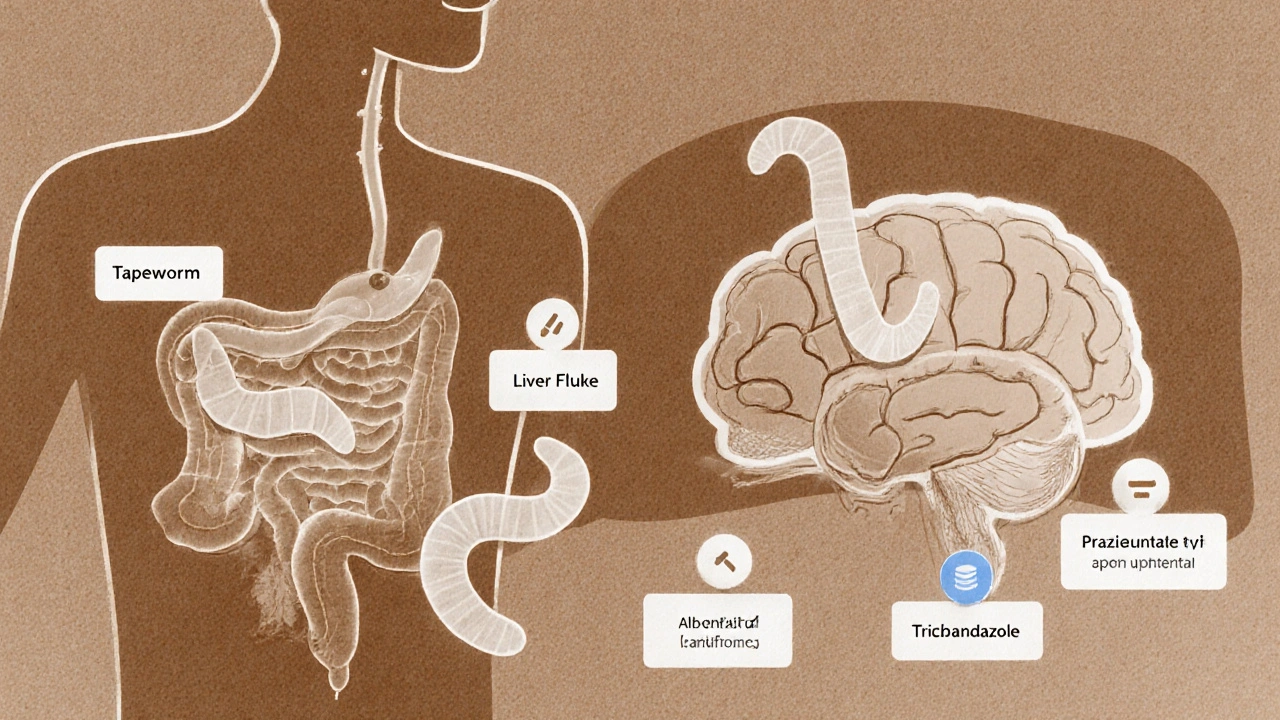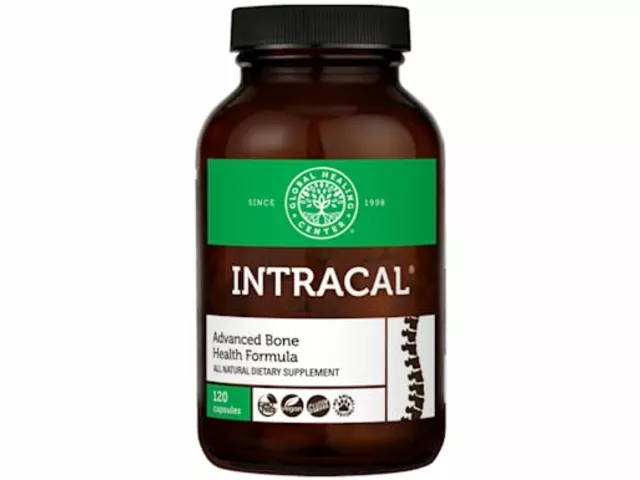Schistosomiasis Drugs: Effective Treatments and What Works Best
When it comes to fighting schistosomiasis, a parasitic disease caused by blood flukes that infects millions in tropical and subtropical regions. Also known as bilharzia, it’s one of the most common neglected tropical diseases worldwide. Left untreated, it can lead to liver damage, kidney failure, and even bladder cancer. The good news? There are proven drugs that can kill the parasites and stop the disease in its tracks.
The praziquantel, the first-line treatment for all major types of schistosomiasis is the most widely used drug. It’s cheap, safe, and works in a single dose. It doesn’t just kill adult worms—it also reduces egg production, which helps prevent long-term organ damage. That’s why global health programs rely on it for mass drug administration in high-risk areas. But praziquantel isn’t perfect. It doesn’t work well on very young worms, so timing matters. If someone was infected just weeks ago, the drug might not fully clear the infection.
For rare cases where praziquantel isn’t an option—or in areas with suspected resistance—oxamniquine, a drug used only for Schistosoma mansoni infections, mainly in parts of South America is available. It’s taken orally and targets a specific enzyme in the parasite. But it won’t touch other species like S. haematobium or S. japonicum, which limits its use. Other drugs like artemether have been studied as temporary alternatives, especially in early infections, but none have replaced praziquantel as the standard.
What you won’t find in most guides are the real-world challenges: drug access in remote villages, the need for repeated treatments in high-transmission zones, and the lack of vaccines. That’s why research keeps going—scientists are testing new compounds, combination therapies, and even ways to boost the immune system to help drugs work better. Meanwhile, the focus stays on getting praziquantel to the people who need it most.
Below, you’ll find real comparisons and insights from people who’ve dealt with parasitic infections, side effects, and treatment choices. These aren’t theoretical discussions—they’re practical experiences from patients, doctors, and researchers trying to make treatment more effective and accessible.





